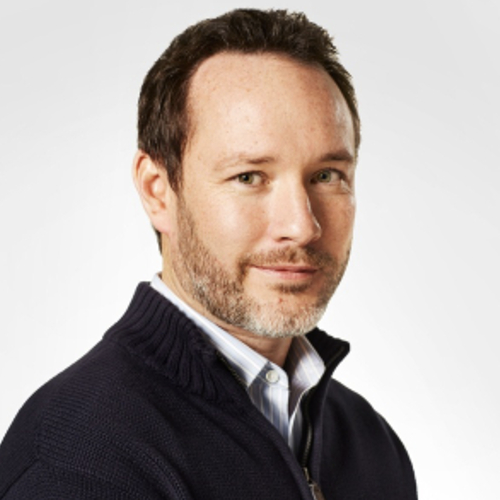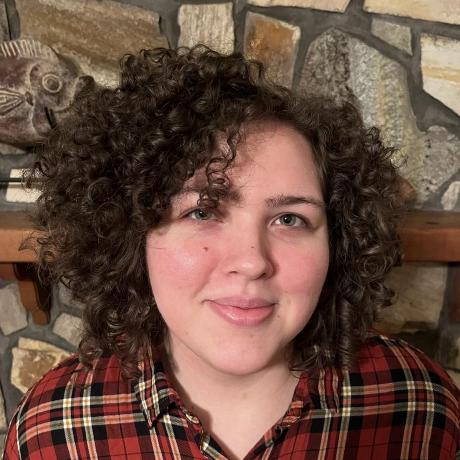We're excited to introduce our new Senior Computational Scientist, Dr. Luke Peffers. He brings a wealth of experience and expertise in the field of computational science.

After serving in the United States Air Force, Dr. Peffers earned his BS, MS, and Ph.D in Atmospheric Science from Florida State University. He worked closely with the Air Force Technical Applications Center (AFTAC) during his studies before becoming the Branch Chief of the AFTAC’s Modeling and Analysis Branch. Dr. Peffers concurrently served as an Adjunct Professor at Embry-Riddle Aeronautical University, where he taught undergraduate and graduate classes in meteorology.
Dr. Peffers then served as Chief Scientist at Science and Technology in Atmospheric Research, LLC, a small Colorado business that focuses on science and engineering services for the defense, homeland security, and intelligence communities building forensic analysis systems for Chemical, Biological, Radiological, and Nuclear (CBRN) threat assessments. Before joining PW, he served as the Chief Scientific Officer at Tomorrow.io, where he designed and built operational numerical weather prediction (NWP) frameworks. Dr. Peffers currently serves as co-chair of the Forecast Improvement Group under the AMS Commission on the Weather, Water, and Climate Enterprise.
In remarking about the role science and technology play in weather prediction, Dr. Peffers says, “Weather prediction services are vastly important in making our economy run efficiently and for saving lives and property. The science and technology behind weather prediction are changing fast with artificial intelligence at the forefront of recent innovations.”
Dr. Peffers offers further comments on the role he will play at PW. He says, “I'm eager to build seamless automated services at Parallel Works to help the developers and users of these complex weather prediction systems be more efficient and to enable them with the tools they need to focus on the core scientific and technological challenges they face.”
Welcome, Dr. Peffers!
